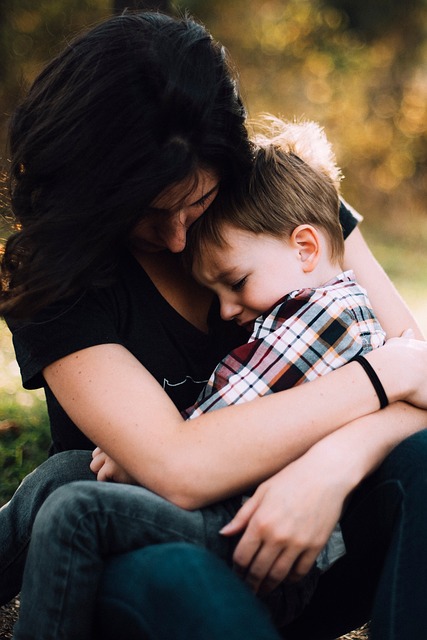Understanding child and family therapy
Childhood and adolescence can be a uniquely challenging and confusing period. Most children have little control over their lives, with a great deal to learn about themselves and the world. There are many conflicting pressures from numerous sources as they discover their own identity. It is a time of great physical and emotional development with myriad new emotions and experiences. Even for those raised in a largely stable, loving environment, this can be a difficult period.
Why attend child or family therapy?
Therapy can be enormously beneficial to children and their families at many stages and through many experiences. For many young people, school stress, future uncertainty and academic pressure can feel overwhelming at times. Family breakdown can severely impact a child’s mental health. Adjusting to a new city or school can also be tough, as can dealing with bullying at school, home or elsewhere. Substance use can also cause issues for teenagers on a number of fronts.
Whatever the issue, a therapist can administer psychological assessments to explore all kinds of behavioural problems and learning difficulties. Child and family therapists have a deep knowledge of various attachment styles and their impact on familial relationships. They offer psychotherapeutic treatments tailored to children and adolescents. Family therapists can also work with parents and caregivers to develop their understanding of effective parenting approaches and techniques.

What causes mental ill health in children?
A combination of biological, psychological, environmental and social factors can each play a part. Some children are born with a genetic predisposition for certain mental health disorders, such as depression or Autism Spectrum Disorder. Some adverse life experiences may also contribute to the development and maintenance of mental ill health.
Some mental health conditions and disorders children may experience include:
- Attention Deficit Hyperactivity Disorder (ADHD)
- Depression
- Attachment Disorder
- Autism Spectrum Disorder (ASD)
- Obsessive-Compulsive Disorder (OCD)
- Post-Traumatic Stress Disorder (PTSD)
- Eating Disorders, including Anorexia Nervosa, Bulimia Nervosa, Binge Eating Disorder (BED)
- Generalised Anxiety Disorder (GAD)
- Other behavioural issues, including violence or substance abuse
Impact on family
The complex, highly interconnected nature of families means the difficulties faced by one family member can have ramifications for everyone else. In addition to impacting upon the child’s development, education and self-image, mental ill health can affect those close to them in numerous ways, including:
- Parental stress, guilt or self-blame
- Strain on other relationships, leading to conflict, distance or tension
- Siblings may feel neglected if they believe another child receives a disproportionate amount of attention or resources
- Being a caregiver for someone experiencing a mental health condition can be extremely difficult and place strain on other relationships
Children may experience emotions and mental ill health differently than adults do, so it is important to see psychologist with a special interest and training in this area. Communicating complex psychological concepts to children requires particular skills and experience. A family therapist can work with an individual child, an entire family, or any combination of family members to address issues effecting the child or adolescent. It is often beneficial to have parents involved in the therapeutic process, whether it be through individual sessions, or joint parent-child sessions.
At Seed Psychology we have psychologists who are highly skilled and experienced at working with children, adolescents and families.
Contact us now to book an appointment. Weekend and evening appointments are available.
A note on confidentiality:
Confidentiality is a complex issue in child and family therapy. A person under the age of 18 cannot legally provide informed consent, which means a parent or caregiver must do so on their behalf. Confidentiality is crucial to maintain the trust and safety of the underage client while encouraging an open dialogue with family members. Therapists will discuss confidentiality and its limits in your first session.





